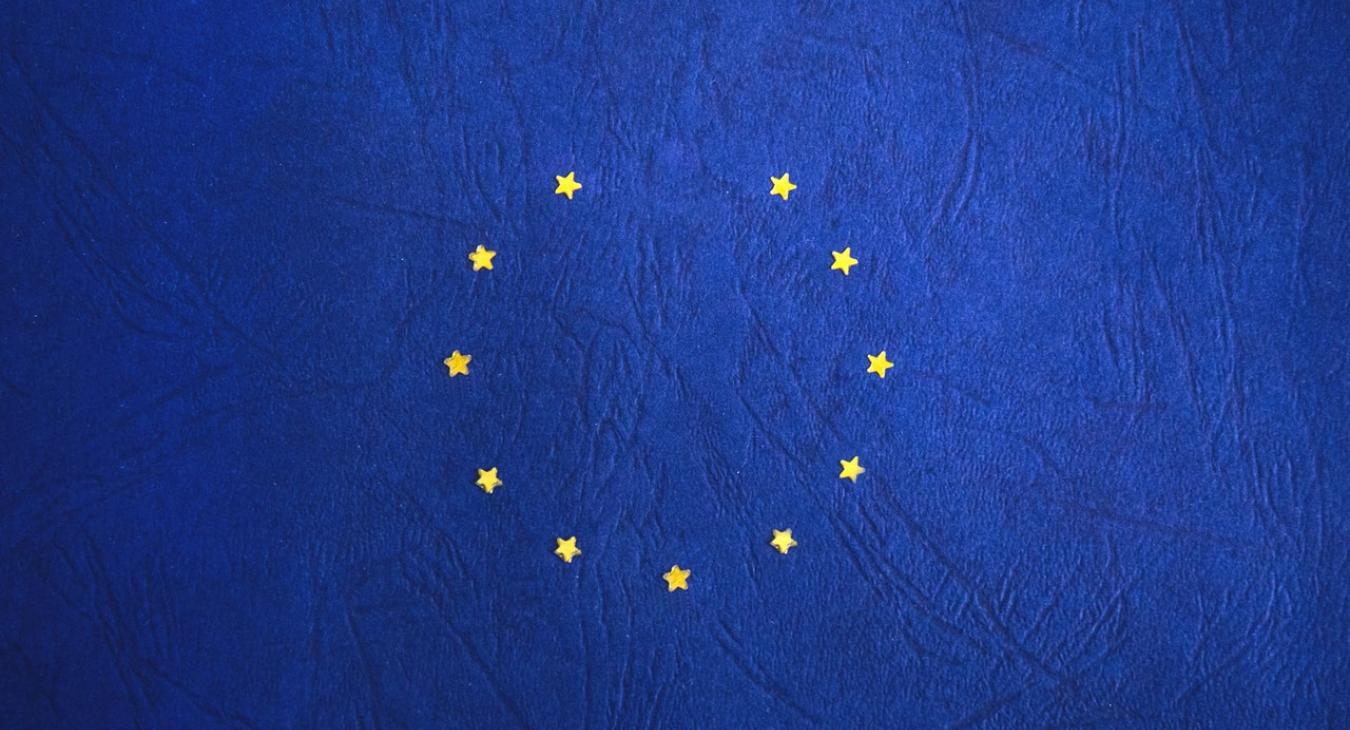Last week my colleague Paul Mac Flynn in this same column warned about the need to ensure that people are not left behind, in our increasingly more probable, crashing out of the European Union without a deal. Like many other Brexit commentators, Paul Mac Flynn is of the opinion that there is no use now in debating the impacts of the various different Brexit deal options which have been on and off the negotiating table over the past two years.
And I agree, we do need to move full steam onto operation preparation. We do need to divert all of our energies over the next 9 weeks to preparing for the practicalities of a no-deal Brexit and in doing so seek to minimise the negative impacts for businesses, workers, and well, everyone.
But before we embark on making preparations, we need to be truthful with ourselves and recognise that our approach to exiting the European Union until now is already having a negative impact. Any preparations we make now are being made on the backfoot and are being made to minimise continuing or heightened negative impacts resulting from the political mish-mash approach to Brexit that has been ongoing since the negotiating period began on March 2017.
The Northern Irish economy has been contracting since March (the original Brexit deadline) and key indicators would suggest that we are in a recession. Output, employment, new orders, exports have all declined.
The already occurring negative impacts of our approach to Brexit for the tourism sector, for example, were brought to life and made particularly clear to me two weeks ago as I enjoyed a very last-minute holiday along some of the border counties - traversing between Donegal, Sligo and Fermanagh. It was the first week in August and the weather was sunny, with temperatures in the mid to low 20's. I"m from Donegal, and I grew up crossing these same roads each Summer when the sun came out as we went from surfing in Rossnowlagh, Co. Donegal to jet-skiing in Lough Erne, Co. Fermanagh.
I know what this time of year, particularly with this weather, usually meant for tourism in these counties. It meant that the roads (and petrol stations) were busy. It meant that last-minute hotel and restaurant bookings were almost impossible to secure. It meant that it was best to set off to the beach or other tourist attractions early in the morning. It meant that pubs and coffee-shops were spilling out onto the streets. It meant that for businesses and workers alike it was time 'to make hay as the sun shines"!
Two weeks ago, though I was surprised by how stark my experience was to what I have grown accustomed to over the years and those declining PMI indicators were given meaning. The roads were quiet. I was making bookings for hotels one day in advance, at rates considerably lower than I had expected. Restaurants were empty and closing early, as the custom just wasn't there. Publicans were expressing with unease about the quiet season that they"ve been having. In essence, the sun was shining, there just wasn't any hay to be made.
On return from holidaying I set about to confirm or refute my observations in the data - and well unsurprisingly my observations held true. Donegal's tourism sector has recorded a 25% decline in the visitor numbers from Northern Ireland and Britain this Summer, whilst hotels are said to be experiencing a 25% downturn. There is also some evidence seeping through that visitors are using fewer services and are spending less. All of this inevitably means that there is less business to be done and less work available for workers in these regions.
Comparable figures of how Northern Ireland's tourism sector has been performing this Summer are not yet available. I have however heard some claim that one positive of the slump in sterling is surely that Northern Ireland is now a very cost-attractive holiday option for Brits and Europeans alike. However, one would be mistaken from concluding that this slump in the tourism sector is confined to south of the border or indeed that Northern Ireland is a net benefiter of their loss.
Yes, one of the principal reasons for the slump in tourism in the southern border counties has been the slump in sterling. The sterling rate four years ago was at €1.44 - now it is at €1.09.
But we need to give weight to what experts in the tourism sector have been telling us. They tell us that a lot of visitors just look at us as Ireland - they come to travel around and visit both regions on the island - often coming in via Dublin and then travelling up. If there is a decline in the number of visitors into the Republic of Ireland - this will have a knock-on negative effect on tourism in Northern Ireland and vice versa.
What is more there is already evidence that the economic uncertainty is leading people to tighten their purse strings and to reduce their discretionary spending - which of course also impacts on the tourism sector.
These negative effects are already happening before we crash out with a no-deal Brexit which is likely to cause a further slump to Sterling, continuing economic uncertainty - and oh, did I mention, a hard border! For the tourism sector at least, a no-deal Brexit amounts to what I would call rubbing salt on a wound.
Dr.Lisa Wilson Economist NERI
This article was originally published in the Belfast Telegraph on 13th August 2019.

